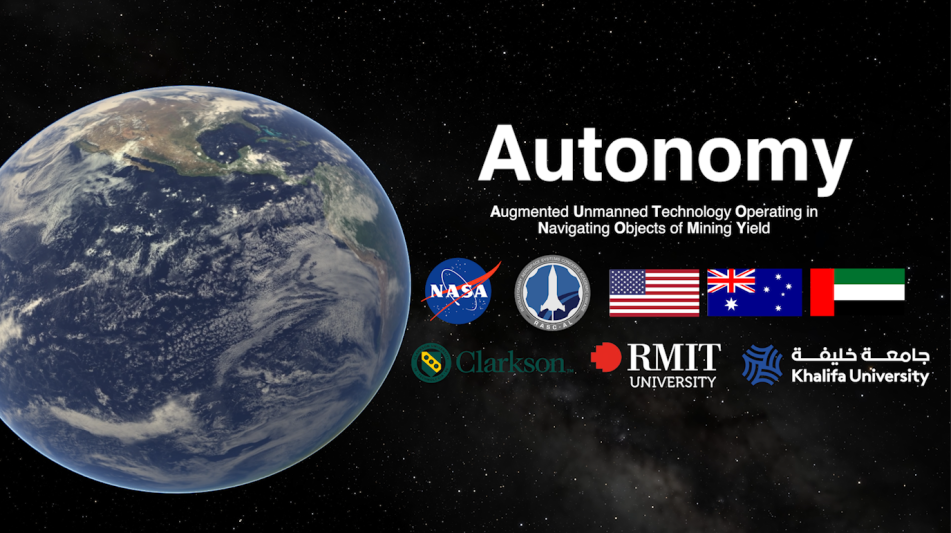“Electrochemical Technologies toward Sustainability and
Circular Economy”
By Gerardine G. Botte, Ph.D.
Professor and Whitacre Endowed Chair in Sustainable Energy, Chemical Engineering
Director, CASFER (NSF Engineering Research Center)
Director, Institute for Sustainability and Circular Economy
Texas Tech University

Abstract:
Circularity and sustainability are typically used together and sometimes interchangeably leading to confusion and diluting the importance and value of the actions related to each other. Electrochemical technologies are an excellent platform to contribute towards both sustainability and circularity. In this talk, I will present examples of electrochemical technologies that we are developing at the Chemical and Electrochemical Technology Innovation Laboratory at Texas Tech University towards water sustainability (e.g., ammonia and nitrate removal) and circular economy including electrochemical valorization of sewage sludge. Ammonia and nitrate emissions in water are associated with environmental problems such as algae bloom, disturbing the nitrogen cycle. In the presentation, I will discuss the implementation of ammonia electrolysis to remove both ammonia and nitrates from water and its contribution toward water sustainability. On the other hand, waste activated sludge (WAS) is the major byproduct of municipal wastewater treatment plants (WWTPs). Management and disposal of WAS create challenges for WWTPs such as high energy consumption and operational costs. In this presentation, I will discuss the electrolysis of waste activated sludge (E-WAS) which enables biosolid solubilization and production of chemicals of value at low cell voltage and temperature under mild alkaline conditions. E-WAS would enable process intensification in municipal wastewater treatment plans and could transform sludge management operation from a cost model to a revenue generation model, leading towards circular economies.
Bio:
Gerardine (Gerri) Botte is a Professor and Whitacre Endowed Chair in Sustainable Energy at Texas Tech University (TTU) and the Founding Director of the National Science Foundation (NSF) Engineering Research Center for Advancing Sustainable and Distributed Fertilizer Production, CASFER, a $51million investment of the NSF plus an infrastructure that leverages a vibrant innovation ecosystem and institutional support of five partner academic institutions. She is also currently leading a new initiative at TTU for sustainability and circular economies, under a recently established Institute at TTU. She served as the Whitacre Department Chair in Chemical Engineering at TTU for three years before becoming CASFER Director. In her tenure as Department Chair, she was instrumental in the implementation of curricula changes and the significant growth and record in research and restrictive research expenditures in the department. Gerri has over 25 years of experience in the development of electrochemical processes as they relate to the intersection of energy, water, and food sustainability. She is a visionary and a recognized leader in electrochemical science and technology. She has served in leadership roles for both the International Society of Electrochemistry and the Electrochemical Society and is currently the President of the Electrochemical Society (2023-2024).
In 2014, she was named a Fellow of the Electrochemical Society for her contributions and innovation in electrochemical processes and engineering. She became a Chapter Fellow of the National Academy of Inventors in 2012. Dr. Botte has 221 publications including peer-reviewed journals, book chapters, 62 granted patents, and 37 pending patents. Dr. Botte is also an entrepreneur, she has been involved in the commercialization of technologies, has founded and co-founded companies, and serves as member of the board of directors in several companies. She received her Ph.D. in 2000 (under the direction of Dr. Ralph E. White) and M.E. in 1998, both in Chemical Engineering, from the University of South Carolina. Prior to graduate school, Dr. Botte worked as a process engineer in a petrochemical plant; she was involved in the production of fertilizers and polymers. Dr. Botte received her B.S. in Chemical Engineering from Universidad de Carabobo (Venezuela) in 1994. She can be reached at Gerri.Botte@ttu.edu



